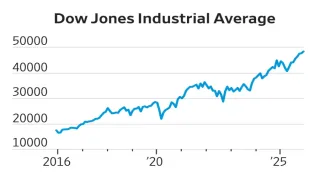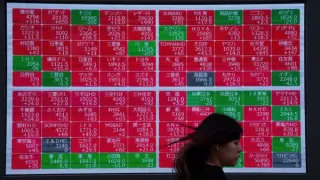The Securities and Exchange Board of India (SEBI) has updated the eligibility criteria for the inclusion and exclusion of stocks in the derivatives (F&O) segment. This move aims to ensure that only high-quality stocks with adequate market depth are eligible for trading in this segment.
Under the revised guidelines, for a stock to qualify for the derivatives segment, it must meet specific performance benchmarks in the cash market over the past six months on a rolling basis. Notably, SEBI has increased the Median Quarter Sigma Order Size (MQSOS) requirement from Rs 25 lakh to Rs 75 lakh, and the Market Wide Position Limit (MWPL) has been raised from Rs 500 crore to Rs 1,500 crore, reflecting the growth in the market capitalization. Additionally, the Average Daily Delivery Value in the cash market has been increased to Rs 35 crore from the previous Rs 10 crore, in response to a significant rise in delivery values.
Stocks that fulfil these criteria in the underlying cash market of any stock exchange will be eligible to trade in the equity derivatives segment across all exchanges. The derivatives contracts will be settled at prices determined by clearing corporations based on the volume-weighted average price (VWAP) from the cash market across all exchanges.
SEBI also highlighted that factors such as surveillance concerns, ongoing investigations, and other administrative considerations will be considered when deciding whether a stock should be introduced into the derivatives segment. If a stock fails to meet the required criteria for three consecutive months, it will be removed from the derivatives segment, and no new contracts will be issued for that stock. However, existing contracts will be allowed to trade until their expiry. Once a stock is excluded, it will not be reconsidered for inclusion in the derivatives segment for a year.
The regulator has also introduced a Product Success Framework (PSF) for single-stock derivatives. According to this framework, at least 15% of trading members active in all stock derivatives, or at least 200 trading members, whichever is lower, must have traded in any derivative contract on the stock under review. Moreover, trading must occur on at least 75% of trading days during the review period. The stock should also maintain an average daily turnover (including futures and options) of at least Rs 75 crore and an average daily notional open interest of at least Rs 500 crore during the review period.
SEBI emphasized the importance of derivative markets in enhancing price discovery and market liquidity. However, the regulator warned that without sufficient depth in the underlying cash market and appropriate position limits, there is a heightened risk of market manipulation, increased volatility, and threats to investor protection.
Also Read: Reliance AGM 2024: How Bonus Shares Can Boost Your Investment























